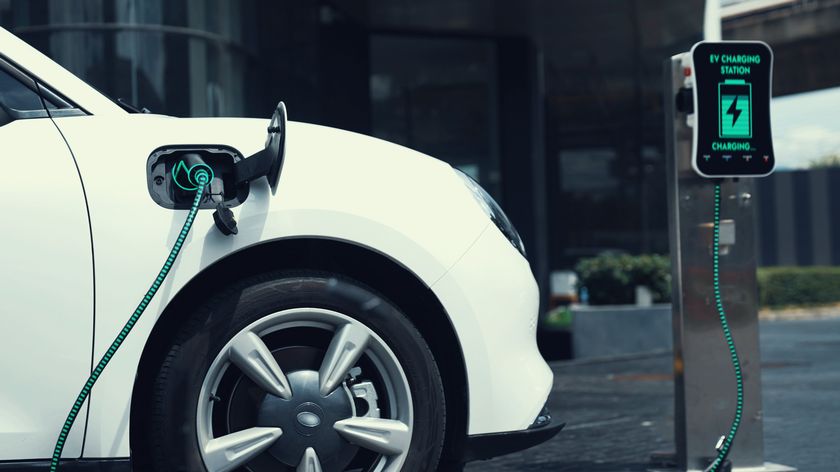- Categories :
- More
Smart Car Buying: Insider Tips for the Affluent Buyer

I’m frequently invited to share my insights and experiences when it comes to buying cars, both new and used. Buying a car can be one of the largest purchases you’ll ever make—often second only to buying a house. The process is part art, part science.
Always start by knowing exactly what you want. If you don’t know what you want, don’t proceed further. Here’s why: as soon as you walk into a dealership and start talking to a salesperson, you’ve effectively cut yourself off from the internet sales process, which is almost always the better option. So, know what you want. Once you do, go check out that car, preferably at a dealership you’re confident you won’t use.
The next question is whether you’re going to trade in your car. You may want to keep your current car for another purpose, but if you’re trading it in, you need to know its trade-in value. Dealers often make their money on trade-ins. Go to CarMax or search online to figure out what you could reasonably—not optimistically—get for it. Subtract about 7% from that value. Why? Because trading in a car reduces the purchase price of the new car, which lowers the sales tax you’ll owe. If the trade-in value is within 7% of what you could get elsewhere, it’s often worth avoiding the hassle of selling the car privately. If you dislike selling a car separately, adjust that margin to 10%.
Financing is another critical consideration. Depending on the manufacturer and the car’s popularity, the financing options may vary. However, you won’t know your options until you get pre-approved. Credit unions, like USAA, often offer the best rates. As of this recording, rates are around 5.7%, though they can go higher depending on your credit score, the car’s age, and other factors. Getting a pre-approval gives you a negotiating tool. If the dealership can offer a rate lower than your pre-approval, that’s essentially free money.
Also, be mindful of insurance costs. Some vehicles, like Teslas, are significantly more expensive to insure due to the high cost of maintenance and repairs—something I learned the hard way.
Only when you have all this information are you ready to negotiate. Always negotiate with the internet sales desk, not in person. Send emails to the internet salesperson at dealerships, not just locally but also in cities like Dallas-Fort Worth or San Antonio. Dallas-Fort Worth is a competitive market, and you may find better prices there. You can also use those quotes to negotiate with local dealers.
Don’t make the mistake I made when I bought a car in Dallas. I flew there to pick it up, only to have the dealership’s rep casually mention, “Oh, by the way, we could’ve delivered it.” Many dealers will deliver cars, so don’t hesitate to buy from out of town. This approach only works if you know exactly what you want and can communicate it clearly. You don’t necessarily need to see the car before buying.
If you’re buying a used car, be aware that cars lose significant value the moment they leave the lot. Some might think that’s irrational, but it isn’t. Markets are logical. Once a car is driven off the lot, it’s exposed to potential damage—flooding, accidents, or poor maintenance—which affects its resale value. Dealers offering certified pre-owned vehicles with warranties typically charge more, but you’re paying for peace of mind. If you’re buying used, have the car inspected by a third party.
Finally, always check Consumer Reports before purchasing. Popular brands don’t guarantee reliability, and even well-regarded brands like Toyota have models you’ll want to avoid.
One thing I haven’t covered here is leasing. Leasing in Texas is often a bad deal because the state applies sales tax to the full sales price of the car, not just the lease value. This makes leasing far less cost-effective compared to other states. However, there’s a way to game the leasing system in Texas, which I’ll discuss in my next video.
If you have any questions about this or other topics relevant to affluent Americans, feel free to reach out. We wish you the best of success with your investments. Thank you.
Paul J. Carroll, CFP®
Founder & CEO at Avion Wealth
Paul is the founder and CEO of Avion Wealth, LLC. He leads a team of wealth managers in building and executing financial plans for high net worth individuals and families. Contact Avion Wealth to speak with a financial advisor.














